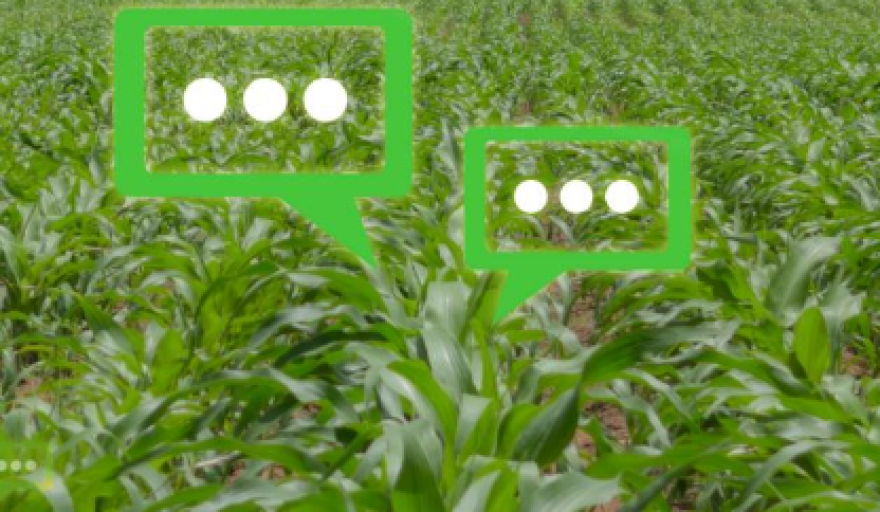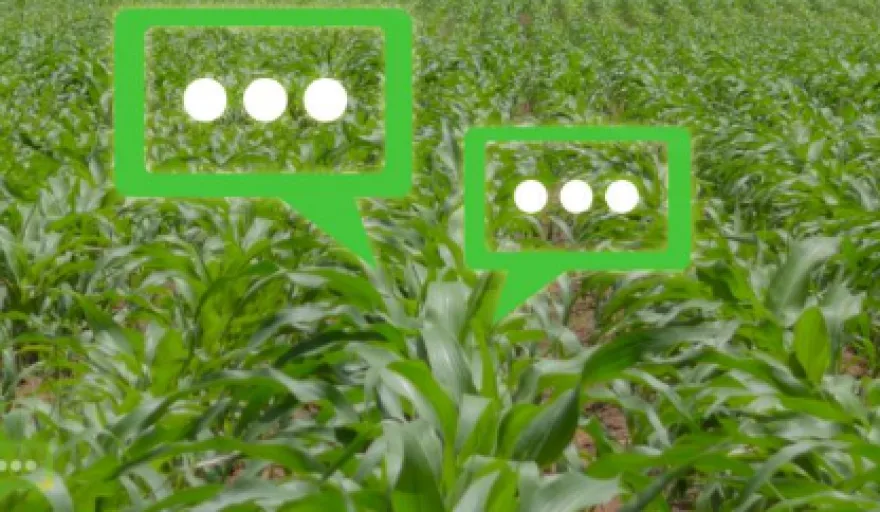
Blockchain technology is not a new term in its nature but new to the FMCG market.
Brands are now thinking about the potential of blockchain and what it can do to their customer base. Brands are beginning to understand that consumers are now are much less trusting and want more transparency in what they purchase. Blockchain has the potential to provide this and much more across every facet of the supply chain.
Blockchain technology allows consumers to track products and fully understand what goes in their foods from how the ingredients were sourced to how environmentally sustainable the product is. Blockchain ensures consumers can interact with products side by side to compare and evaluate what is right for them.
Blockchain is a source of information that is centrally stored that allows food, drink and supplement manufacturers and brands to store all product information onto a database that can be accessed by consumers for research purposes. Such information includes information on farming and treatment of animals, factory information around production, expiry dates and how products are transported. This technology allows to add information by anyone and no one can further delete or change anything without permission from all participants.
FMCG Gurus research shows that consumers in South Africa are not that aware of blockchain as only 10 percent have heard of the term. Although they are not aware, after understanding what blockchain is, 64 percent of consumers stated that this information would be appealing to them. Blockchain technology within the FMCG market allows consumers to see more information down the supply chain. Even though consumers see this as an appealing feature they are still untrusting of what the data may hold.
Many consumers find this technology appealing and 43 percent say they would likely or very likely use the database. So, what sort of information would people like to see? In South Africa the main things consumers would like to see are:
1. Commitments by brands and manufacturers to ensure the ethical and environmental certifications of suppliers (73 percent)
2. Levels of deforestation/ damage to green land caused by product manufacturing (73 percent)
3. Standard of farms and holding areas for animals used in production (71 percent)
Interestingly, 38 percent of consumers state that they would be willing to pay a premium price for food, drink or supplement products if they had registered information on such a data. This suggest brands can add value by using the blockchain by becoming more transparent with consumers. This transparency then can lead to higher sales being charged at a premium price.
Trust is important to consumers as trusted brands are seen as better quality (64 percent). When it comes to food products 70 percent of consumers feel that being able to trust the brand is important. Although consumers want brands they can trust, brands are not being seen this way by consumers as only 24 percent believe brands are fully transparent when communicating policies and practises. The issues brands face when trying to convince consumers they are abiding by corporate social responsibility can be an opportunity for blockchain. This technology will allow brands to communicate with their consumers helping to build more trust and adding value to their products.
Article written by Will Cowling, Marketing Manager at FMCG Gurus


























